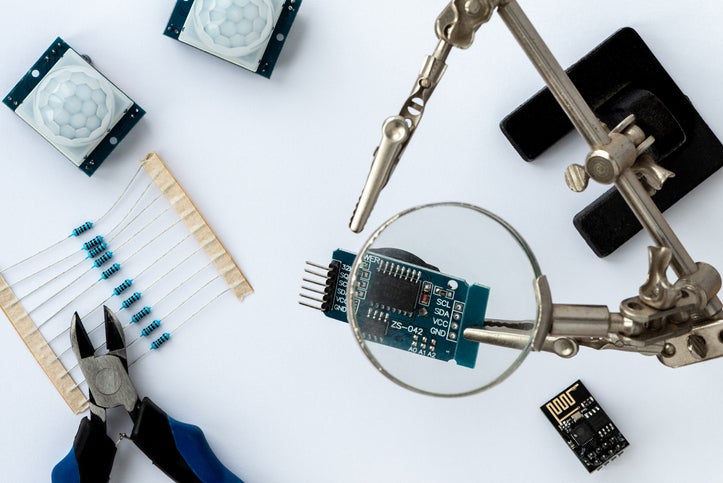mdsimon2
Major Contributor
Many DAC chips, especially the ESS ones, don't handle full scale digital signals gracefully so backing off just a hair often gets better performance. The folks at RME talked about this when they switched to ESS chips from AKM. Having a max digital volume to the DAC that's a few DBs below full scale avoids these problems.
While it is true that ESS DACs won't handle levels above 0 dBFS as caused by intersample overs gracefully, I've never seen an issue sending a 0 dBFS signal to an ESS DAC in any that I've tested.
My take is that noise performance (dynamic range) is much better than THD performance on this DAC. THD typically goes down as output level is decreased. In a DAC limited by noise reducing level will reduce SINAD (increase THD+N) as the noise level stays constant. However, in this case noise performance is about 15 dB better than THD so reducing the level a bit actually increases SINAD.
Michael



